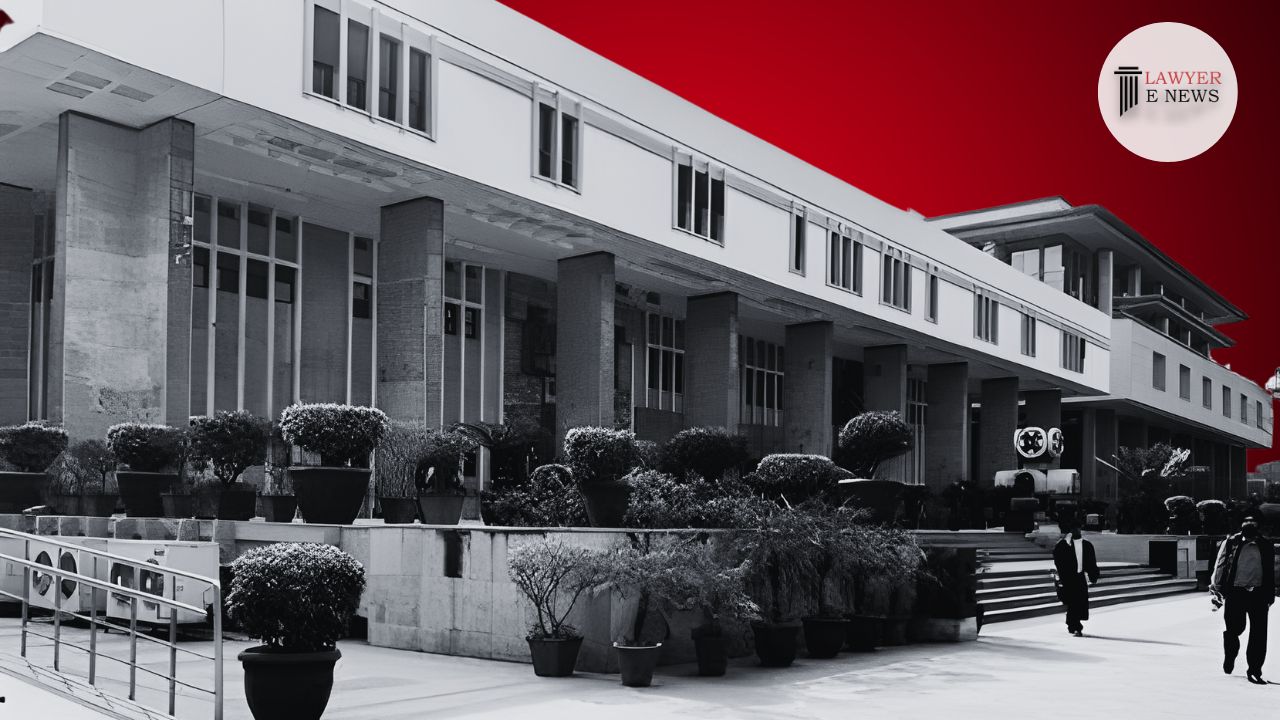-
by Admin
15 February 2026 2:36 AM



In a significant ruling, the Delhi High Court today granted interim bail to Daud Nasir, a petitioner involved in a money laundering case linked to the Delhi Waqf Board. Justice Swarana Kanta Sharma emphasized the importance of humanitarian considerations, stating, “Humanitarian grounds must prevail over strict compliance,” when addressing the medical needs of Nasir’s family.
The court deliberated on the application for interim bail under Section 439 of the Cr.P.C. linked to offenses under the Prevention of Money Laundering Act (PMLA). This case particularly highlights the judicial approach to balancing stringent statutory requirements against pressing humanitarian needs.
Nasir sought bail citing urgent medical and care needs for his wife who required surgery following a severe accident and their young child. The Enforcement Directorate (ED) opposed the bail, citing risks of evidence tampering and influence over witnesses, emphasizing Nasir’s alleged role in a larger conspiracy of money laundering involving irregular appointments and transactions within the Delhi Waqf Board.
Family Support and Applicant’s Role: Despite the respondent’s claim that Nasir’s joint family could care for his wife, the court recognized the distinct need for his presence during his wife’s surgery due to emotional and financial support considerations.
Compliance with Legal Standards: The court navigated the complexities of Section 45 of the PMLA which sets stringent conditions for bail in money laundering cases. However, it prioritized humanitarian needs given the specific circumstances of the case.
Conditions for Bail: Stringent conditions were imposed to ensure Nasir’s compliance with legal proceedings and minimize the risk of interference. These included restrictions on movement, mandatory communication with the investigating officer, and a clear stipulation against extending the bail period beyond the immediate medical needs of his wife.
Decision: The court granted Nasir interim bail for 15 days, subject to verification of the surgery date and adherence to several stringent conditions aimed at ensuring his presence does not obstruct the ongoing investigation or trial processes.
Date of Decision: May 10, 2024
Daud Nasir vs. Directorate of Enforcement
